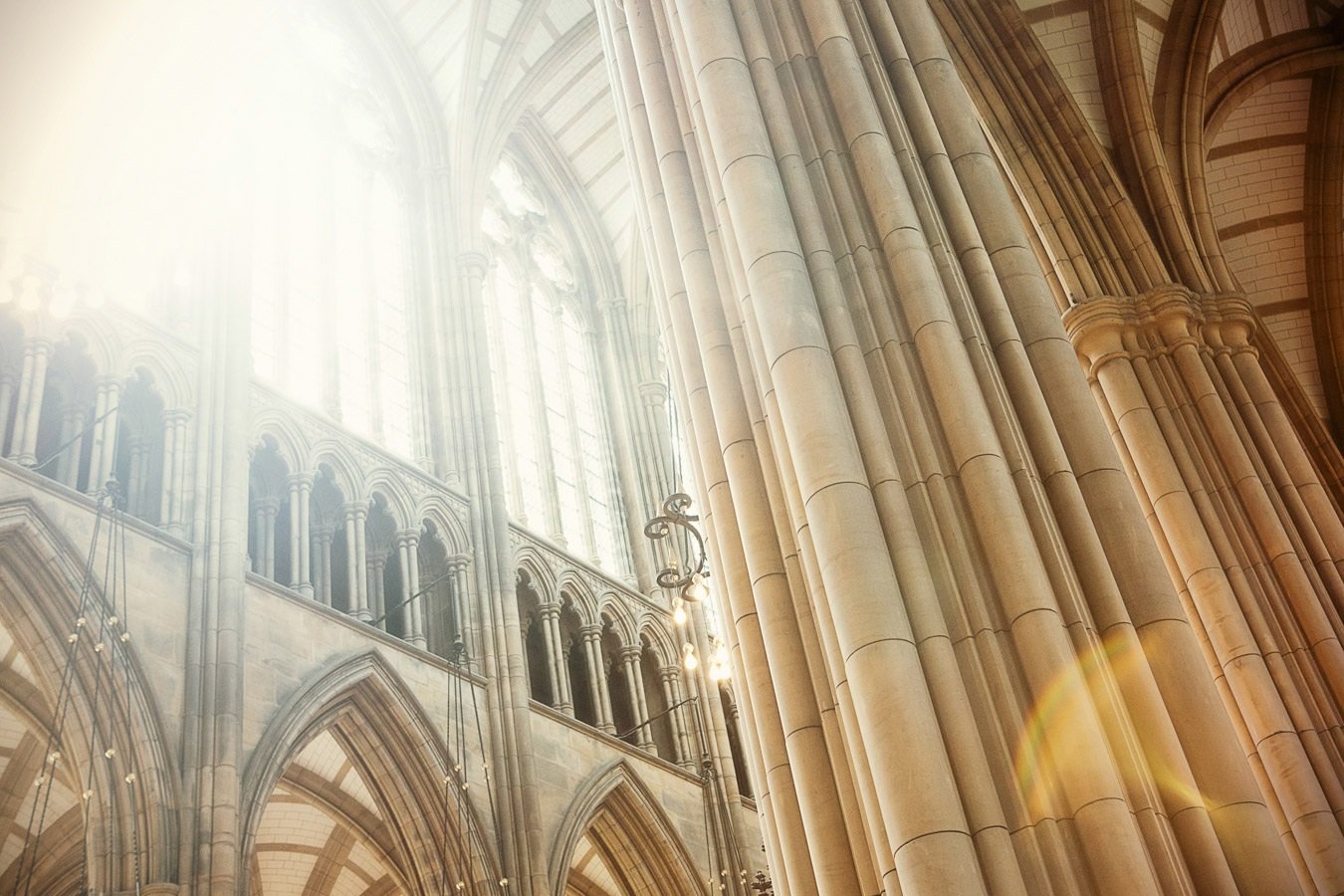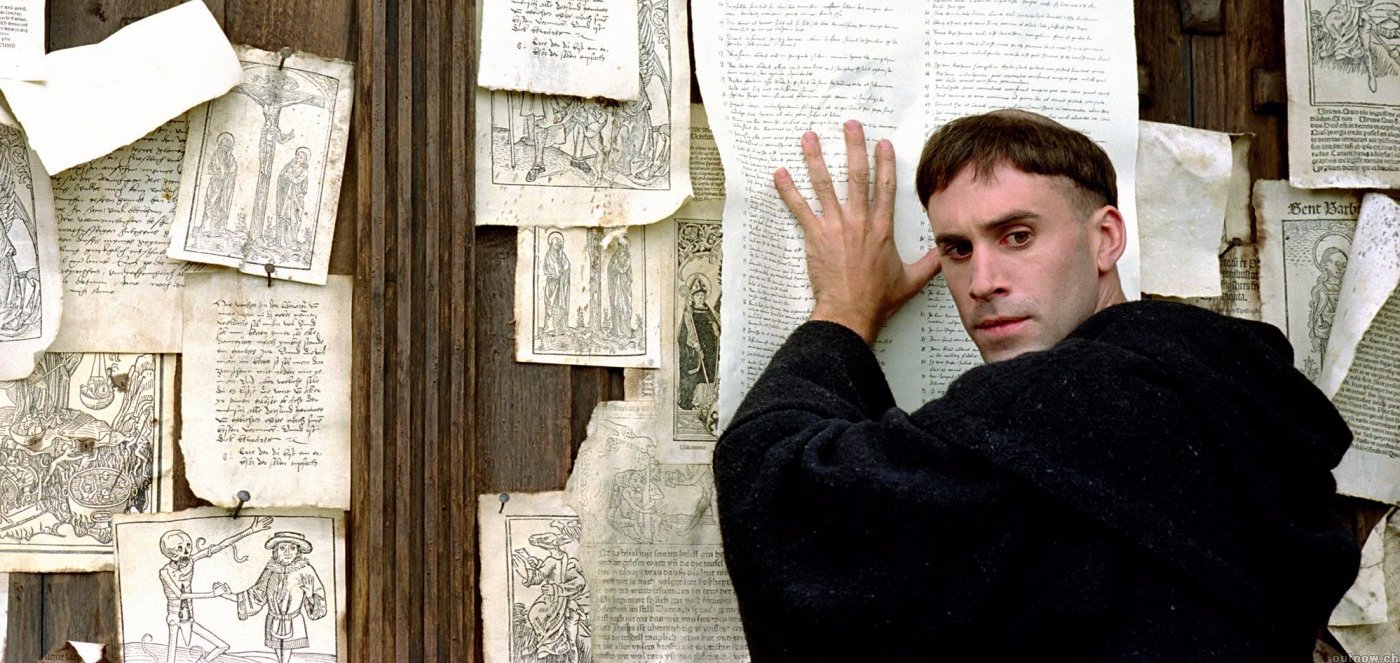What is religious experience for? Why is it a part of our human evolution and biology? The religious scholar and author of the book God: A Human History, Reza Aslan, says in the video below:
Author: Bryce Haymond
Original Sin and Nonduality
I had a conversation on Facebook the other day about original sin and its relationship to non-duality. I thought it was a great discussion, and I thought I'd share it again here.
Acts 17:16-34 BHT, Paul’s Areopagus Sermon about the Nature of God
An addition to the BHT, which is the Apostle Paul's sermon at the Areopagus, or high court at Mars Hill, about the nature of God.
Walt Whitman’s “First Vision” Accounts
Walt Whitman (1819-1892) was a noted poet, essayist, and journalist, perhaps best known for his collection of poems titled Leaves of Grass. He wrote of divine experiences on several occasions in his poems.
Sam Harris Talks Favorably of Jesus?
Sam Harris is a noted philosopher, author, and neuroscientist. He is known for often speaking quite negatively about religion, and has been called one of the "Four Horsemen" of the New Atheism, which also includes Richard Dawkins, Christopher Hitchens, and Daniel Dennett. Harris has often spoken very harshly of modern Christianity, among other religions, particularly in his books The End of Faith, and Letter to a Christian Nation. What I find fascinating is where he has spoken positively about it, and Jesus in particular. This is may be a key where I think the discussion should take place for there to be a constructive dialogue between science and religion.
Henry David Thoreau’s “First Vision” Account
Henry David Thoreau (1817-1862) is widely known as a great 19th century transcendentalist essayist, poet, philosopher, naturalist, and historian, among other things. He is most well-known for his book Walden, and his essay "Civil Disobedience." The following comes from his poem titled "Inspiration."
Nancy Clark’s “First Vision” Accounts
In 1979 she had an experience while giving a eulogy at the funeral of a friend that forever changed her life. She later called it a "near-death-like" experience, being similar to many NDEs (including one she had earlier in life), but she was not near death at all. She describes it in one place this way...
We WILL Surely Die
Happy Halloween! For many people, however, today is not a happy day, but it is the most disliked day of the entire year. This is when people seem to celebrate the death, the macabre, evil, darkness, the shadows, wickedness, perhaps even Satan himself. Those things are a big turn off for many people, particularly the most religious and devout.
A Thesis for the Church
Exactly 500 years ago today, October 31, Martin Luther nailed his Ninety-five Theses to a church door that started the Protestant Reformation (31 October 1517). What were those "theses"? Do they have any applicability today?
Sophia von Klingnau’s “First Vision” Account
Sophia von Klingnau was a nun who lived in a convent in Klingnau, Switzerland, sometime in the 13th or 14th century. Her writings were published in the Schwesterbücher (Sister Books).









